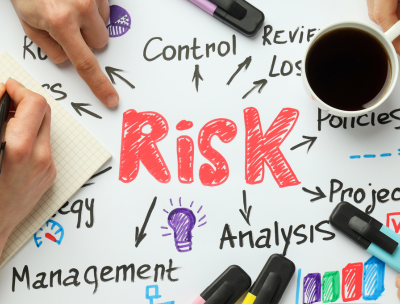In the dynamic realm of security services, incident reports emerge as fundamental elements ensuring safety, security, and accountability within the industry. These reports, serving as formal documents, meticulously capture details of irregular events, breaches, accidents, or disturbances occurring during a security guard’s tenure. Let’s delve deeper into the critical role incident reports play in security operations across Sydney, New South Wales.
Defining Incident Reports
An incident, within security operations, encompasses any event or circumstance that deviates from standard expectations and necessitates attention, investigation, or documentation. This broad spectrum includes various scenarios such as security breaches, safety concerns, criminal activities, disruptions, and emergencies like fire or medical incidents.
Significance of Incident Reports
- Documentation Excellence: Incident reports stand as formal records, meticulously outlining the who, what, when, where, and how of an event. This documentation serves critical functions, especially in legal and administrative contexts.
- Legal Safeguards: Accurate incident reports function as evidentiary support during legal proceedings or insurance claims. They present a factual narrative of occurrences, shielding security personnel and organizations from potential liabilities or disputes.
- Analytical Insights: Through diligent analysis of incident reports, security agencies can identify patterns or recurring issues. This proactive approach facilitates the enhancement and adjustment of security protocols, thereby mitigating future incidents.
- Effective Communication: Incident reports serve as crucial channels of communication between security personnel, clients, law enforcement entities, and other stakeholders. Timely and accurate reporting ensures pertinent parties are promptly informed about incidents, fostering efficient response mechanisms.
- Compliance and Accountability: Many security regulations mandate incident reporting as a vital component of compliance measures. Regular and comprehensive reporting not only underscores professionalism but also underscores a commitment to accountability within the security industry.
Key Components of an Incident Report
An effective incident report typically includes essential components such as the date, time, and location of the incident, a detailed description of the event, witness statements, documented injuries or damage, security actions taken, and recommendations for follow-up actions or security enhancements.
In conclusion, incident reports stand as indispensable tools for security guards operating in Sydney, NSW, fostering safety, compliance, and professionalism. Their meticulous documentation not only ensures legal protection but also fuels continuous improvement in security protocols and risk management practices. By adhering to stringent reporting procedures and accurately documenting incidents, security personnel contribute significantly to the efficiency and reliability of security operations in Sydney.
Ready to enhance safety and accountability in security operations? Take the first step towards becoming a proficient security professional in Sydney with NSTA Sydney’s comprehensive training programs. Enroll now in our CPP20218 Certificate II in Security Operations course and unlock your potential in the security industry. Don’t miss this opportunity to elevate your career and contribute to a safer environment. Join NSTA Sydney today and embark on a rewarding journey in security operations.



